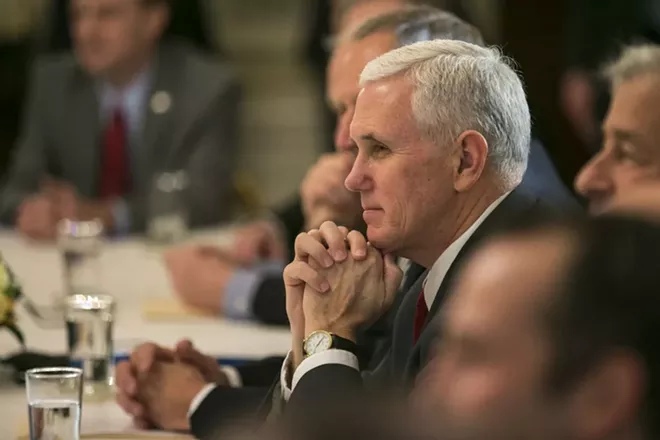
By JESSICA SILVER-GREENBERG
© 2017 New York Times News Service
Senate Republicans voted Tuesday to strike down a sweeping new rule that would have allowed millions of Americans to band together in class-action lawsuits against financial institutions.
The rule, five years in the making, would have dealt a serious blow to financial firms, potentially exposing them to a flood of costly lawsuits over questionable business practices.
For decades, credit card companies and banks have inserted arbitration clauses into the fine print of financial contracts to circumvent the courts and bar people from pooling their resources in class-action lawsuits. By forcing people into private arbitration, the clauses effectively take away one of the few tools that individuals have to fight predatory and deceptive business practices. Arbitration clauses have derailed claims of financial gouging, discrimination in car sales and unfair fees.
The new rule written by the consumer bureau, which was set to take effect in 2019, would have restored the right of individuals to sue in court. It was part of a spate of actions by the bureau, which has cracked down on debt collectors, the student loan industry and payday lenders.
The arbitration rule has sparked a political battle that has taken on broader significance in the new administration. Republicans latched on to the rule as a way to cast the agency as a player in the regulatory regime that was impeding business and the economy. Shortly after the rule was adopted in July, the U.S. Chamber of Commerce pointed to it as a “prime example of an agency gone rogue.”
The measure now heads to President Donald Trump, who is expected to sign it.
“Tonight’s vote is a giant setback for every consumer in this country,” Richard Cordray, the director of the consumer bureau, said in a statement. “As a result, companies like Wells Fargo and Equifax remain free to break the law without fear of legal blowback from their customers.”














